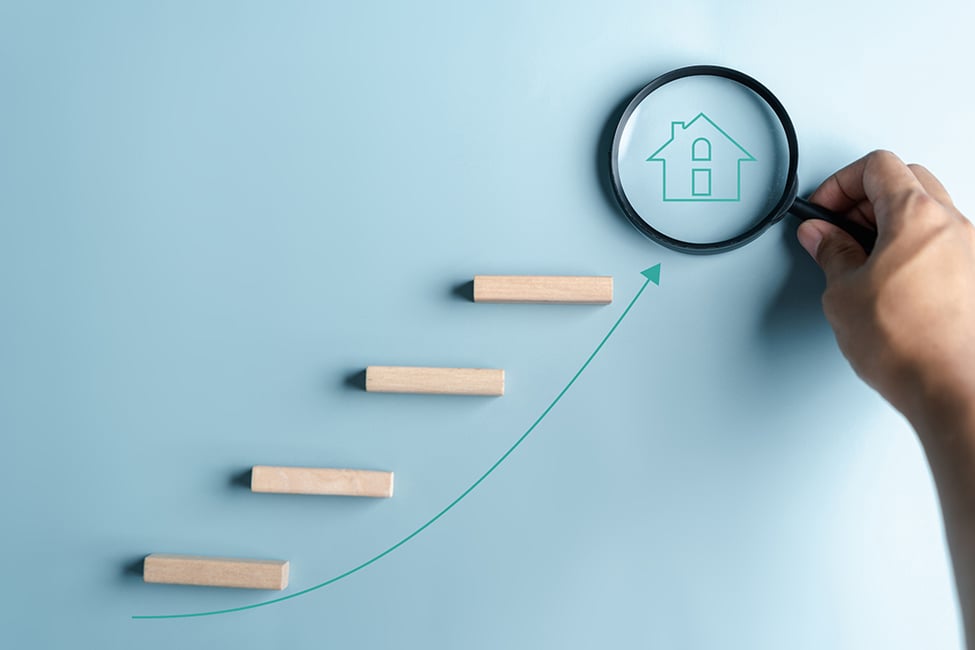The COVID-19 pandemic shook Canada’s housing market in unexpected ways. While many braced for a major downturn, the opposite occurred. A wave of homeowners, empowered by significant equity gains and the flexibility of remote work, decided to cash in by moving to larger homes or quieter communities. This shift created intense competition for homes, with limited listings fueling strong seller’s markets across the country.
In this hot market, many homeowners opted to buy their next home before selling their current one, aiming to secure their dream home amid fierce demand. But how exactly does this process work, and what should you consider before taking this route?
Is It Possible to Buy a Home Before Selling Yours?
Buying a second home before selling your current one is doable, but it comes with risks. You might face the financial burden of carrying two mortgages, along with additional property expenses, while waiting for the right moment to sell your first home. However, if approached strategically, this path can offer benefits that make the process worthwhile.
The Pros and Cons of Buying First
The Pros:
Flexibility to Move on Your Terms: Owning two homes temporarily allows for a smoother transition. You can take your time moving, cleaning, renovating, or even decorating your new place before moving in.
Market Timing Advantage: Buying first enables you to wait for the perfect conditions to sell your old home, potentially maximizing your return.
The Cons:
Financial Pressure: Carrying two mortgages, along with double the property taxes, utilities, and maintenance, can strain your budget.
Coordination Challenges: If your old home takes time to sell, the additional expenses might chip away at your profits. Worse, you might feel pressured to sell quickly, even if it means accepting a lower offer.
Bridge Financing Costs: If your closing dates don’t align, you may need a bridge loan to cover the gap. These loans can come with high interest rates, adding to your overall expenses.
Four Tips to Simplify the Process
If you’re considering buying a home before selling, here are some practical tips to make the experience smoother:
1. Work with an Experienced Real Estate Agent
A knowledgeable agent can guide you through the complexities of buying and selling simultaneously. They’ll help with pricing, staging, and timing your sale while scouting for your next home.
2. Get Pre-Approved for a Mortgage
Early pre-approval ensures you’re ready to make an offer when you find the right property. Discuss bridge financing options with your lender, as these can be crucial if your closing dates don’t match.
3. Understand Your Timeline
The timing of your transactions is key. Your agent can help you coordinate steps like preparing your current home for sale, finding a new property, and aligning closing dates as closely as possible.
4. Keep a Backup Plan
If your old home doesn’t sell as quickly as expected, consider renting it out. This can offset some costs and reduce the pressure to accept a lowball offer.
Timing and Closing: What to Expect
Closing on two homes simultaneously can be tricky but isn’t impossible. For example:
Suppose you sell your old home for $500,000 with a $300,000 remaining mortgage and purchase a new home for $600,000. After fees, taxes, and commissions, you might be left with $150,000 in profit.
Your lawyer can use this amount toward the down payment on your new home, while the remainder is covered by your new mortgage.
If the closing dates don’t align, a short-term bridge loan can help bridge the gap until your old home is sold.
Does the Market Impact This Strategy?
Market conditions play a big role in the success of buying before selling. In competitive markets, you might leverage your home equity to secure a bridge loan, making it easier to proceed with your purchase confidently. However, in slower markets, this strategy might pose greater risks.
Final Thoughts: Should You Buy Before Selling?
Real estate transactions can be daunting, especially when juggling two at once. But with the right planning, a clear timeline, and the guidance of a skilled real estate professional, you can navigate this complex process with confidence. Whether buying first or selling first, understanding your options and risks is key to making the best decision for your situation.

